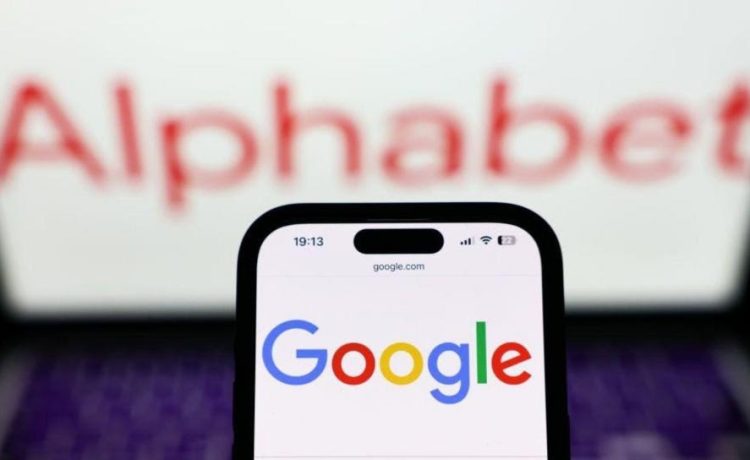A U.S. judge has ruled that Google unlawfully holds a monopoly in the online advertising technology market, dealing a major blow to the tech giant in an ongoing series of antitrust battles.
The lawsuit, brought by the U.S. Department of Justice and 17 states, accused Google of dominating the digital ad space unfairly—controlling both the tools used by publishers and advertisers and the ad exchange platform itself.
U.S. District Judge Leonie Brinkema stated that Google had “wilfully engaged in a series of anticompetitive acts” which allowed the company to “acquire and maintain monopoly power” over the market. She emphasized that this behavior “substantially harmed Google’s publisher customers, the competitive process, and, ultimately, consumers of information on the open web.”
Google lost on two counts, with a third dismissed. While the company plans to appeal, it acknowledged the partial loss.
“We won half of this case and we will appeal the other half,” said Lee-Ann Mulholland, Google’s head of regulatory affairs. “The court found that our advertiser tools and our acquisitions, such as DoubleClick, don’t harm competition.”
Google maintains its tools are beneficial to publishers and advertisers alike.
“Publishers have many options and they choose Google because our ad tech tools are simple, affordable and effective,” Mulholland added.
However, Jason Kint, CEO of the digital publishing trade group Digital Content Next, disagreed:
“Google has repeatedly used its market power to self-preference its own products, stifling innovation and depriving premium publishers worldwide of critical revenue needed to sustain high-quality journalism and entertainment.”
This is Google’s second major antitrust loss within a year, following a previous ruling that found the company also holds a monopoly in online search.
Experts say this ruling sends a strong signal to both Big Tech and the broader corporate world.
“It signals that not only are agencies willing to prosecute but also that judges are willing to enforce the law against big tech firms,” said Laura Phillips-Sawyer, professor at the University of Georgia School of Law. “It sets an important legal precedent.”
While everyday users may not immediately notice changes, the implications could ripple through the digital ad industry.
“It affects the division of monies between advertisers, publishers, and ad service providers,” said Anupam Chander, professor of law and technology at Georgetown University. He also noted that “the judge seems willing to order structural changes in Google’s ad exchange practices,” which could impact Google’s revenue, though not necessarily its core ad business.
Looking ahead, the case will now move to a “remedies” phase, where regulators may push for structural changes—possibly including a breakup of parts of Google’s parent company, Alphabet.
“The court could eventually order Alphabet to divest parts of the company, such as the Chrome browser,” explained John Kwoka, economics professor at Northeastern University.
This ruling also aligns with findings from the UK’s competition watchdog, which in September said Google was using anti-competitive strategies to dominate the online ad tech sector.






